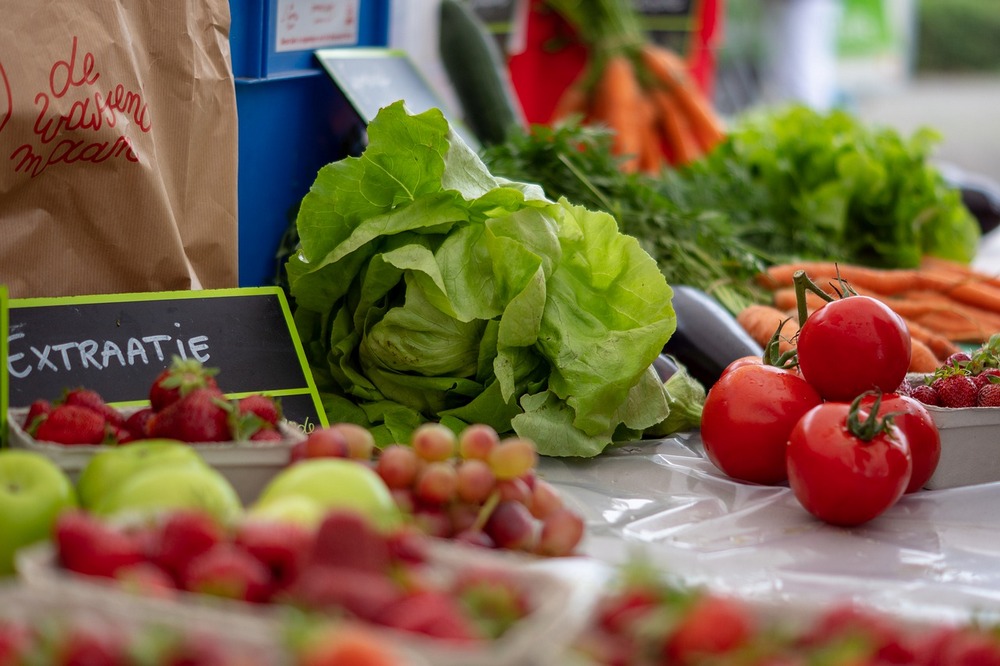Researchers from the University of Bath and the University of Surrey presented a review study in Supply Chain Management that shows the safety of using blockchain in industry to manage the food supply chain.
Blockchain, the technology that underlies cryptocurrency, has tarnished its reputation for being a good tool for criminals. But the technology can actually be useful in many areas of human endeavor, from presidential elections to supply chain management. The authors of a new study show that blockchain can help protect consumers from tainted food, counterfeit drugs, fraud and trafficking in illegal goods.
“In recent years, we’ve seen a number of environmental, social and health scandals, as well as persistent abuse of customer trust and fraud. Consumers are increasingly paying attention to how food production affects the environment and the people working in the supply chain. For example, slave labor has been repeatedly identified in Vietnamese fisheries, and the cocoa bean harvesting industry often uses child labor,” notes Michael Rogerson of the University of Bath, one of the study’s authors.
Existing technology allows firms and consumers to know where the products were and at what time, as well as their nutritional value and allergens. However, they provide no information about what is actually happening at each point in the supply chain. This, according to the authors of the study, can fix blockchain if applied correctly. Using this technology can give companies a competitive advantage by providing data about the origin of goods.
Large companies, according to the study’s authors, have already begun their trials with blockchain implementation, but are very reticent to share information. This, according to the researchers, is due to the fact that it is quite difficult for big businesses to implement new technology in large-scale production already in operation and to sharpen it for a specific task. In contrast, smaller companies have agreed to provide their data on implementing blockchain in the supply chain.
Shanghai-based Techrock, for example, reported implementing the technology in its business to produce special containers that guarantee the safety of infant formula. Parents can scan the product with their cell phone and instantly see data on the production of the infant formula, logistics and an image of what it should look like – essential in the fight against counterfeit products. They can also see if the product has already been opened and sealed back up.
According to the authors of the paper, it’s important to understand the limitations of the technology and have an honest discussion about the problems that need to be addressed. In particular, supply chains must be fully digitized to avoid fraud or error. The researchers also note that technology can improve supply chain transparency and increase product safety, but much also depends on people entering information correctly.

